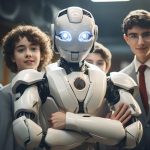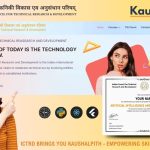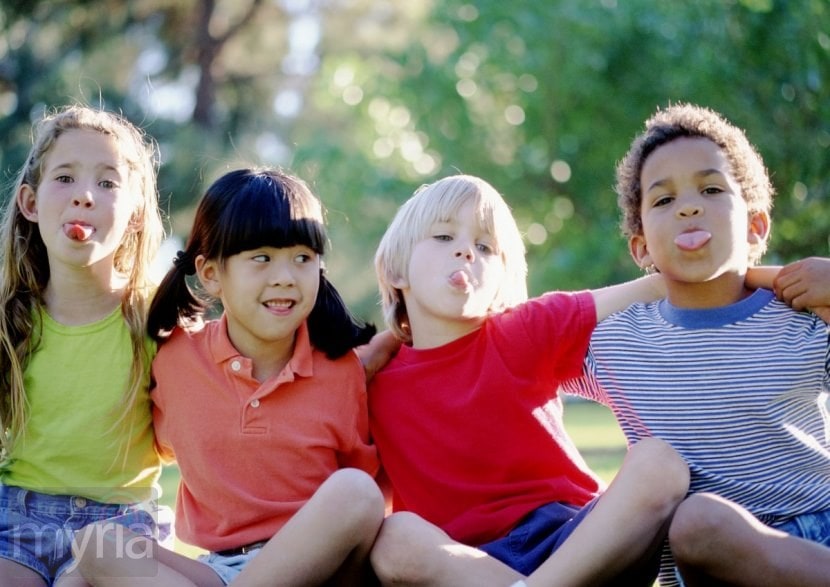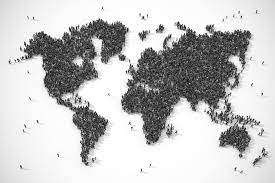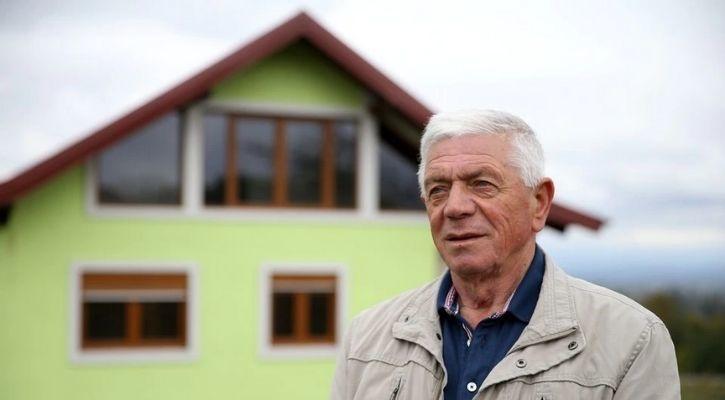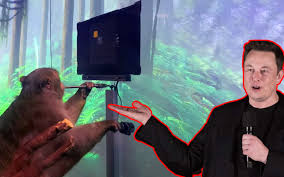
Elon Musk: Neuralink hopes to start implanting its brain chips in humans in 2022
Elon Musk said Neuralink hopes to start implanting its brain chips in humans in 2022 Elon Musk has said that Neuralink, his brain-interface technology company, hopes to start implanting its microchips in human beings next year. Musk Co-founded Neuralink in 2016. It is developing a chip that would be implanted in people’s brains to simultaneously record and…


